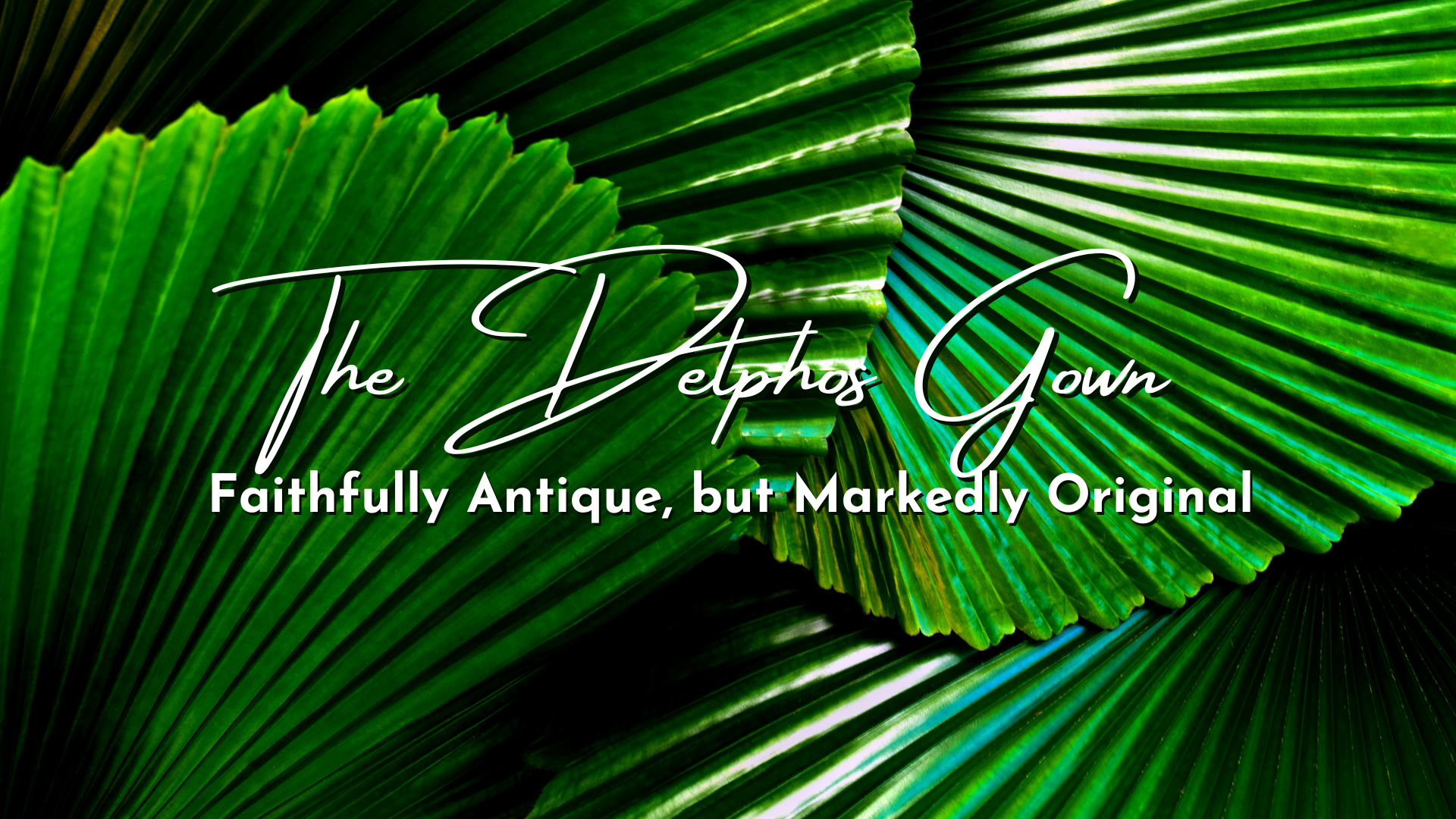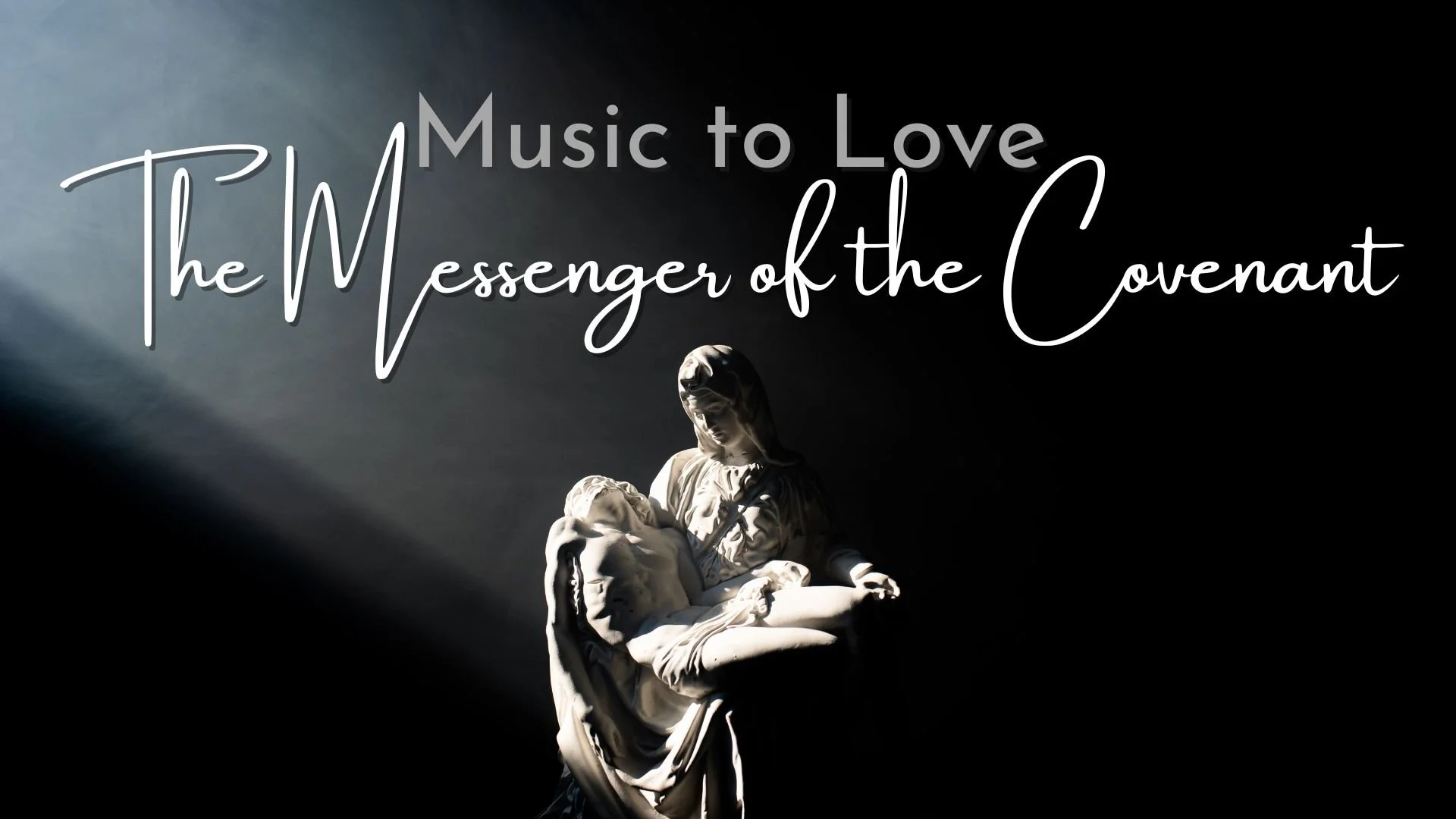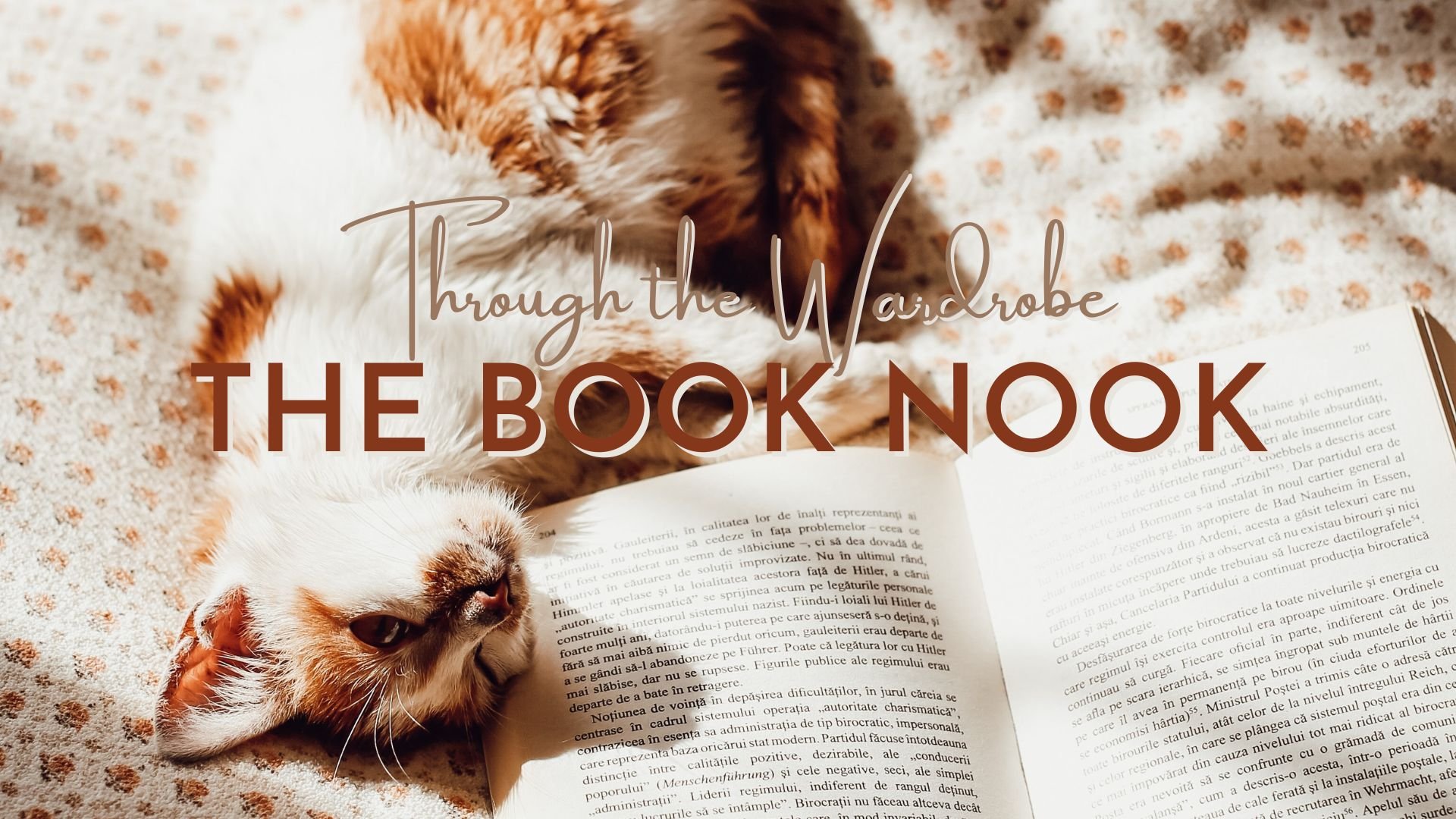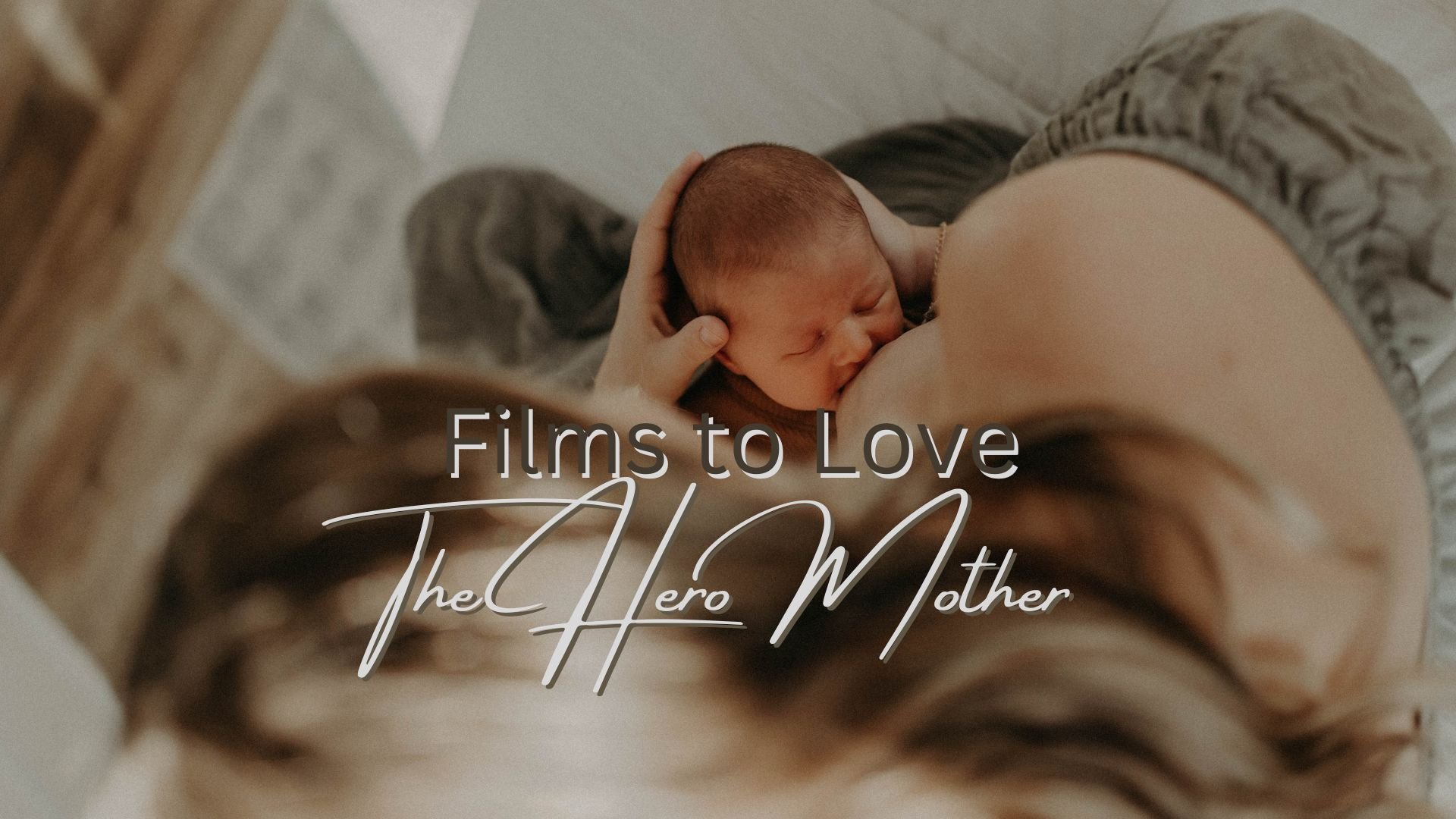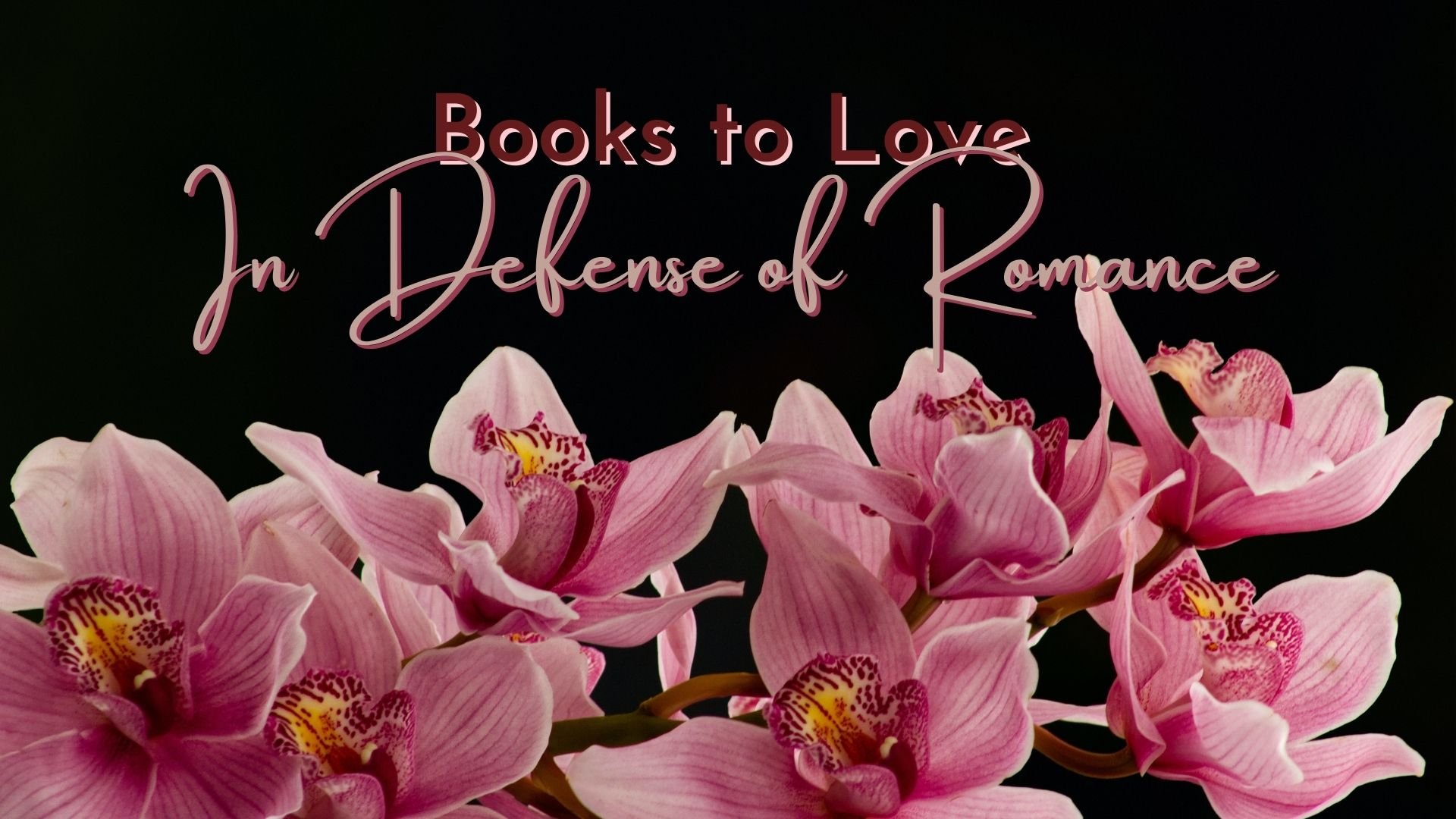Lines to Love: Jazz Age Greats
“Why should a sequence of words be anything but a pleasure?”
I’ve always been a collector of quotes. Whether those quotes comes from poetry, prose, lyrics, or the spoke word, it hardly matters. I just love to collect lines that embody truth, convey beauty, or make me laugh.
I have notebooks filled with lines from the books I’ve read. I have lists on my computer and phone with lines I’ve collected in the internet ether. A well written line is worthy of inclusion in a collection.
Some are collectors of figurines, action figures, or dolls. Others collect stamps or coins. I collect quotes.
Having watched Midnight in Paris recently, and written about it in Films to Love: Bonjour, Paris, I found myself collecting quotes again, this time of famous historical personages from that movie. I’ve been enjoying the amassing of this collection so much, I wanted to share with you a few of the lines that I particularly love. They span the gamut from serious to silly, ponderous to piffle, and moving to malarky. And as the Jazz Age is so well known for parties and drinking, I have chosen to accompany the quotes with images of different drinks preferred by each artist.
Salavdor Dali
Salvador Dali is weird. There’s no other way to slice it. He was a true outlier, an eccentric. After God made him, the mold was irrevocably broken. And while I have never been a great lover of the work that he composed, I have respected his adroitness in shirking off the confines of society and the expectations of the art community. He is a true original. In Midnight in Paris, he is played by Adrian Brody who does a fantastic job conveying how the man seemed to exist within his own world, so content there, that his eccentricities don’t even cross his mind.
What is most exciting to me about Dali is that fact that he did not confine himself to one mode of expression, but embraced the limitlessness of all possibilities. His ambition- personal and professional- was Gargantuan.
The choice of background for Dali’s quote does not depict a libation of his personal preference. I have not read anything about his specific liquor proclivities. However, this particular image conveys the idea of a drink but in a surreal manner which I hope Dali would have enjoyed.
Pablo Picasso
In the many courses I took to acquire my minor in Art History, I developed a deep and abiding admiration for the genius of Pablo Picasso. He was a true master of the fundamentals. He understood the rigors and the rules of Art. And because he understood them so intrinsically, he could break them explicitly. He never arrived at a single niche. Rather, you can take the scope of his work and break it down into a variety of periods. Each period he entered, many artists followed. Yet his works remain the quintessence of each period. I believe it is because he lived a life in step with a spirit and soul that never aged. Or, as he so eloquently said, that grew steadily younger.
Picasso was a lifelong absinthe drinker. While many nations began outlawing the libation in the early 20th century, France and Spain never did. As Picasso split his time between Paris and Barcelona, he was ensured a constant supply. And even on his deathbed, he was reported to say, “Drink to me, drink to my health. You know I can’t drink anymore.” When Paul McCartney bragged that he could write a song about anything, Dustin Hoffman tried to call his bluff and suggested those words as a subject. McCartney wrote the song. It’s called Picasso’s Last Words.
Man Ray
Man Ray (Emmanuel Radnitzsky) is one of my favorite photographers. He is fearless in the ways in which he stretches the capabilities of his equipment. His work is still recognized the world over. Such a feat is quite the accomplishment in a culture that is inundated with photographs. Yet, his work still stands out. I believe this is because he quested for the source of creativity his entire life. You see that quest in every photograph- the questioning, the searching, the journey of discovery.
While I did endeavor to include images of drinks for each of my quotes as specific as possible to the artist, with Man Ray, I could not help but use this image.
Gertrude Stein
The part of Gertrude Stein is played by Kathy Bates in Midnight in Paris. The elements of her character are clearly portrayed. She is forthright and fearless, the maternal beldam of the Lost Generation. In her salon, she presides. Her door is open any time of day or night to provide shelter, conversation, literary and life advice, and, I’m sure at times, reprimand the host of bright, young things that sought her out. And, undergirding all of this is a self-possession that harbors wisdom, maturity, and no nonsense. So with only a handful of lines to speak, the magnitude of Gertrude Stein is fully realized in this portrayal.
Gertrude Stein was a woman of great substance. And while I always see her in my mind’s eye with a diminutive cut crystal sherry glass at hand or perhaps a fortified wine such as port, I also believe that this cup of herbal tea would have had a place at her table, too.
F. Scott Fitzgerald
Whenever I read F. Scott Fitzgerald, I am always struck with a deep aching, as though all the privilege he enjoyed and opportunities afford him amounted to very little in the grand scheme of things. We know now the tragedies that made up his life. But, in the reading of his works, those tragedies lurk. They subsume the beauty of his writing and make those moments when he pens a hope filled sentiment all the more heartbreaking. And yet, he wrote them, and they are there as a guide to many and succor to all.
With such effervescence as his novel The Great Gatsby, to say nothing of his own gay life with Zelda and all the parties, it’s impossible not to choose champagne for F. Scott Fitzgerald.
Ernest Hemingway
My favorite part of Midnight in Paris is the portrayal of Ernest Hemingway played by Corey Stoll. Expertly conveyed in the few scenes he’s in and the lines he speaks is Hemingway’s directness of manner, boldness of expression, and athleticism and preciseness of language. And, front and center, is his admiration and respect for courage. I so appreciate the truthfulness of how he looks at life.
Hemingway was an extensive drinker. While in Paris, he enjoyed anything from wine to absinthe and all the in betweens. However, as he wrote about Whisky and Sodas so much, I have chosen to go with whiskies for his quotes.
Hemingway is credited with inventing several drinks. The one I’ll touch on is Death in the Afternoon. It’s a concoction of champagne and absinthe. It is the perfect offering from a man who was friends with the sophisticate Fitzgerald and the bohemian Picasso.
Henri Matisse
Henri Matisse was such a tour de force. He, along with Picasso, is credited with ushering in the artistic transition from the Impressionists and Post-Impressionists like Monet and Van Gogh to the Modern movement. His palette is always bright and vivid. And while he did paint figures, faces, and forms, he saw something novel within the ordinary. This is what he conveyed on canvas and why his work is so revered. And while he does reinterpret the mundane in new and fascinating ways, there is a gentleness to his compositions that betray a tenderhearted man.
I had a drink image for Matisse, but I could not pass up this picture. It’s not a composition of his, but it reminds me of something he would compose.
T.S. Eliot
Of all the personages presented in Midnight in Paris, the one I am the least familiar with is T.S. Eliot. Certainly I have read several of his poems- portions of The Waste Land (which I have always found disjointed, but that makes sense when he understand the emotional travail in which it was written), Portrait of a Lady, and my personal favorite, La Figlia che Piange- but the body of his work has not interested me to date. However, he is too seminal of a literary man to not include a quote of his here, one which I believe holds myriad of truths in its brevity.
T.S. Eliot was a G&T man. He enjoyed his Gin and Tonic, and this photo is a lovely depiction of the drink.
Cole Porter
Finally, I shall end with Cole Porter. Porter is perhaps one of the greatest songwriters in the Great American Songbook, though with his own hand, he gave that illustrious position to Irving Berlin. On can only imagine what a party that had Porter on the guest list would be like. It was his practice, when his host had a piano, to play upon it and ad lib a composition for those in attendance. Alfred Kazin wrote of this: .
“The wit of his words depended on his ability to raise the audience immediately to his own level — and keep it there. The instant happiness that Porter gave his audience is the kind that becomes history.”
The audience was his canvas. His intrinsic ability to wield words was his brushes. His inherent modish sophistication tempered with just the right amounts of ennui, indifference, and silliness were his paint. When brought together Cole Porter was not only the life of the party, but also a keen observer of mankind. That is why his lyrics still resonate today. When examined, they have that joie de vivre that so often is illusive. Perhaps that’s why he’s such an encapsulation of the Bright, Young Things, for surely in a few stanzas, he was able to capture his kinsmen and women for posterity.
Picking only one lyric from Porter is almost impossible for me because he has such a panoply of them. However I chose one from Let’s Misbehave because it is a good cross-sectional of the spirit of the crowd with which he ran.
Porter may have written that he gets no kick from champagne, but quite frankly, I don’t believe him. He is the quintessential sophisticate. And I’m sure he drank his bubbly from a coupe.
I hope this post was a diverting, enjoyable one for you. Maybe it has made you curious about some of these people. Perhaps it only makes you want to watch Midnight in Paris (which I encourage you to do). Maybe you just had a little chuckle or two. Whichever it is, I hope you have reach the end here happier than when you started.












































